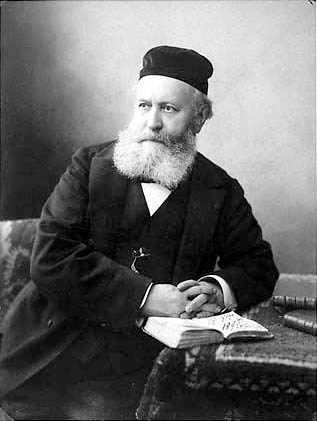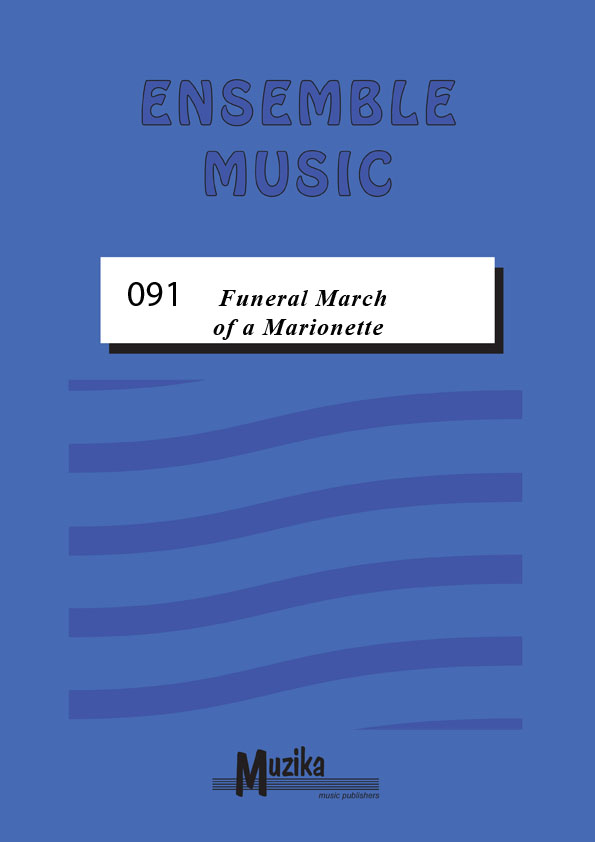Funeral March of a Marionette
Buy this item (out of stock)
Product ID: MZ3 EM091
By Charles Francis Gounod
published: 1879
Publisher:
Muzika
Arranger:
Van de Goot
Series:
Ensemble Music
Line Up:
Flexible Instrumentation
Duration:
4:00
Level: 3
Set & Score
This item is out of stock
Instrumentation
1 Score
1 Piano
4 Part 1 in C treble clef
2 Part 1 in Bb treble clef
4 Part 2 in C treble clef
4 Part 2 in Bb treble clef
6 Part 3 in C treble clef
4 Part 3 in Bb treble clef
1 Part 3 in Eb treble clef
1 Part 3 in F treble clef
3 Part 4 in C alto clef
2 Part 4 in Bb low treble clef
1 Part 4 in Bb high treble clef
2 Part 4 in Eb treble clef
2 Part 4 in F treble clef
2 Part 5 in C bass clef
2 Part 5 in Bb bass clef
Reviews and rating
No review available, be the first to write one!

Composer
Charles Francis Gounod (1818-1893)

Charles-François Gounod (17 June 1818 – 17 October or 18 October 1893) was a French composer, known for his Ave Maria as well as his operas Faust and Roméo et Juliette.
Gounod was born in Paris, the son of a pianist mother and an artist father. His mother was his first piano teacher. Under her tutelage, Gounod first showed his musical talents. He entered the Paris Conservatoire, where he studied under Fromental Halévy and Pierre Zimmermann (he later married Zimmermann's daughter). In 1839, he won the Prix de Rome for his cantata Fernand. He was following his father; François-Louis Gounod (d. 1823) had won the second Prix de Rome in painting in 1783.
While in Italy, Gounod studied the music of Palestrina and other sacred works of the sixteenth century; these he never ceased to cherish. Around 1846-47 he gave serious consideration to joining the priesthood, but he changed his mind before actually taking holy orders, and went back to composition.
More info about the composer...



 Click above to view samples
Click above to view samples
